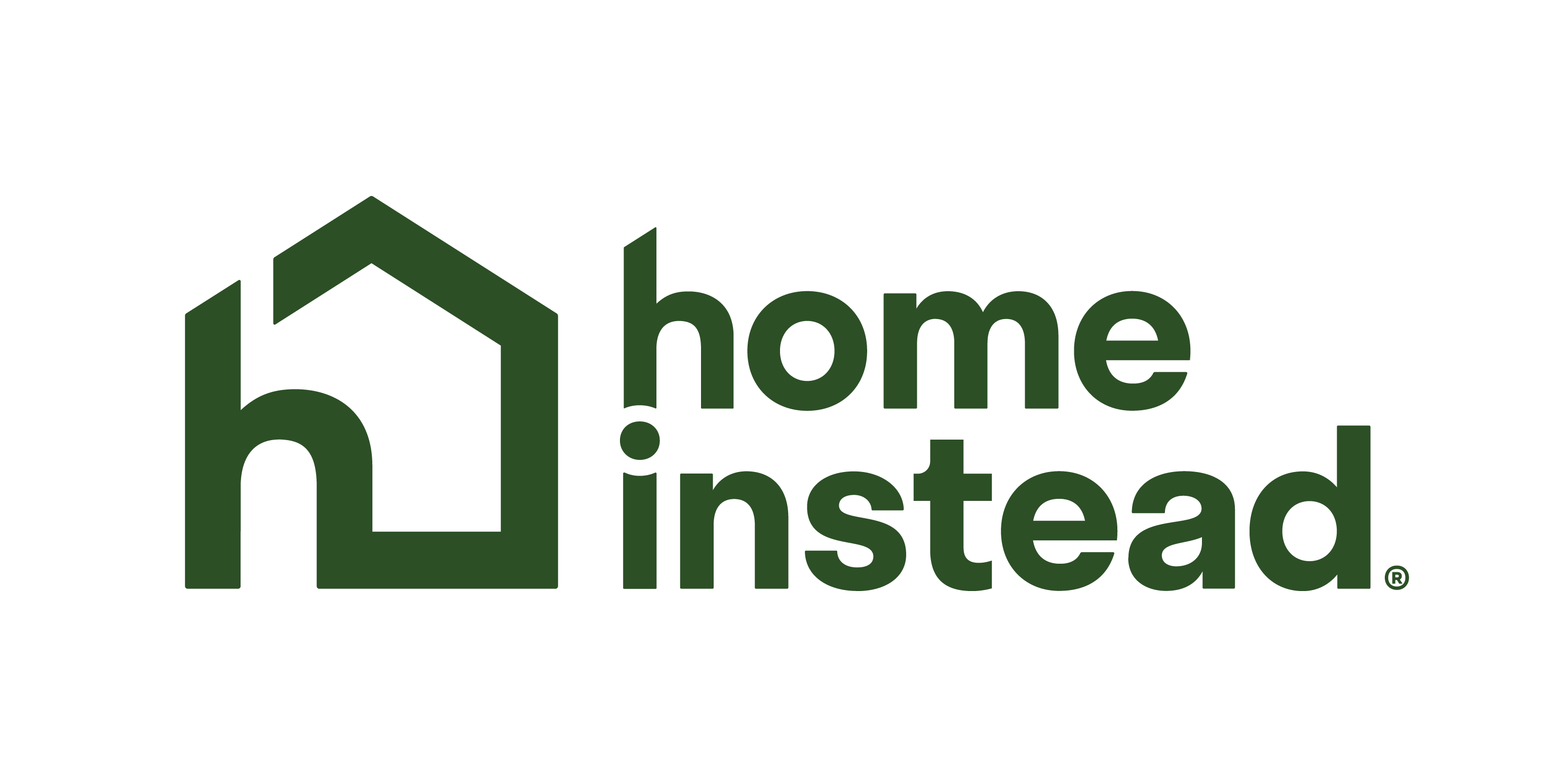Both home care and assisted living provide essential support, but the best choice depends on your loved one’s needs and preferences. This article compares the two with clarity and heart.
When aging parents need more support, families often find themselves at a crossroads: should you bring in help at home or consider moving them into assisted living? Both options offer benefits — but the right choice depends on your parent’s health, preferences, and your family’s goals. In this guide, we’ll walk you through the differences, the pros and cons, and how to decide what’s best for your loved one.
What Is Home Care?
Home care refers to professional caregiving services provided in your parent’s own home. These services may include help with activities of daily living (ADLs), companionship, meal preparation, transportation, medication reminders, and even skilled nursing depending on the provider.
Common Home Care Services:
-
Personal hygiene assistance
-
Medication reminders or administration
-
Meal planning and cooking
-
Light housekeeping
-
Transportation to appointments
-
Dementia and Alzheimer’s care
-
Companionship and emotional support
Home care is typically non-medical, but some providers offer in-home skilled nursing or therapy services through partnerships or licensing.
What Is Assisted Living?
Assisted living facilities are residential communities where seniors live in private apartments but have access to 24/7 staff and services like meals, personal care, housekeeping, and social activities.
Common Assisted Living Features:
-
Private or semi-private rooms/apartments
-
On-site caregivers and staff
-
Communal dining and activities
-
Medication management
-
Scheduled transportation
-
Emergency response systems
-
Housekeeping and laundry services
Assisted living bridges the gap between independent living and nursing homes — ideal for those who don’t need full-time medical care but require help with everyday tasks.
Key Differences Between Home Care and Assisted Living
| Feature | Home Care | Assisted Living |
|---|---|---|
| Location | Parent’s home | Residential community |
| Cost structure | Hourly rate | Monthly fee |
| Level of independence | High | Moderate |
| Social interaction | Limited unless arranged | Frequent group activities |
| Caregiver consistency | High (same caregiver often) | Rotating staff |
| Customizability | Highly personalized | Some flexibility |
| Family involvement | High | Moderate to low |
Pros and Cons of Home Care
✅ Pros:
-
Familiar surroundings: Staying at home can reduce confusion and anxiety.
-
Personalized care: Tailored one-on-one attention from caregivers.
-
Family involvement: Easier for loved ones to stay actively involved in daily routines.
-
Flexible hours: You can scale care up or down as needed.
❌ Cons:
-
Limited socialization: Unless arranged, seniors may feel isolated.
-
Home modifications may be needed: Safety upgrades like grab bars or stair lifts.
Pros and Cons of Assisted Living
✅ Pros:
-
Community and social life: Built-in social activities and communal meals.
-
24/7 support: Trained staff always on site for emergencies or assistance.
-
Less family coordination: The facility handles most logistics.
-
Safe environment: Designed for senior mobility and safety.
❌ Cons:
-
Adjustment period: Moving can be emotionally difficult.
-
Less personal care: Staff-to-resident ratios can be high.
-
Loss of independence: Schedules and routines are often more structured.
-
Higher base cost: Monthly rates can be steep, especially with add-ons.
Which Option Is More Cost-Effective?
Cost can vary greatly based on location, services needed, and facility quality. Here’s a general comparison:
Home Care:
-
Average hourly rate: $35–$45/hour
-
Typical weekly care: 20–40 hours = ~$3,200–$6,400/month
-
May need to budget for: Rent/mortgage, groceries, utilities, home upgrades
Assisted Living:
-
Average monthly cost: $5,000–$6,000+
-
Includes: Rent, meals, housekeeping, and standard personal care
-
May have extra charges for: Medication management, incontinence care, memory care, caregivers stopping by in 15 minute increments
If your parent only needs part-time help, home care can be more cost-efficient. For 24/7 care needs, home care or assisted living both offer value.
How to Know What’s Right for Your Parent
Here are some key considerations to guide your decision:
1. Health & Mobility Needs
-
Can your parent bathe, dress, or take medications independently?
-
Are there cognitive challenges like dementia or Alzheimer’s?
-
If your parent needs frequent help with daily tasks, either option could work. If round-the-clock care is needed, you will have to weigh the pros and cons of each.
2. Emotional and Social Needs
-
Does your parent feel lonely or isolated at home?
-
Do they thrive in social environments?
-
Home care provides companionship, but assisted living might offer more consistent interaction.
3. Home Safety
-
Is the home easy to navigate with a walker or wheelchair?
-
Are there risks like stairs or poor lighting?
-
If the home isn’t senior-friendly and renovations aren’t feasible, assisted living may be the safer choice.
4. Family Availability
-
Can family members help coordinate care?
-
Are you close by in case of emergencies?
-
If your family can’t regularly assist or monitor caregivers, assisted living ensures reliable coverage.
5. Budget
-
What can you or your parent afford monthly?
-
Will long-term care insurance, Medicaid, or VA benefits help cover the cost?
-
Many families find a hybrid approach—starting with part-time home care—eases the transition and saves money.
A Growing Trend: Aging in Place
Increasingly, seniors are choosing to age in place — stay in their homes with customized care solutions. With technology like fall alerts, telehealth, and smart home devices, home care has become more feasible and effective than ever.
If your parent is emotionally attached to their home and values independence, home care may be the right long-term path.
When Assisted Living Might be a Good Fit
Assisted living is often the better choice when:
-
Your parent needs around-the-clock support
-
Their safety is at risk in their current home
-
They would benefit from social structure and routine
-
They’re experiencing decline in cognitive function and require memory care
In these situations, a community setting can improve quality of life while reducing the burden on family caregivers.
Making the Decision Together
Don’t make this decision alone. Include your parent in the process. Tour assisted living facilities. Interview home care agencies. Speak with a geriatric care manager or social worker to assess your options thoroughly.
Final Thoughts: Home Care or Assisted Living?
There’s no one-size-fits-all answer. What matters most is your parent’s safety, happiness, and dignity. Whether it’s the comfort of home or the support of a vibrant community, the right solution is the one that fits your loved one’s lifestyle and evolving needs.
If you’re still unsure, we’re here to help. Our senior care experts offer free consultations to guide you through your options. Whether you’re exploring home care, assisted living, or something in between, we’ll help you make the most informed and compassionate decision possible.



